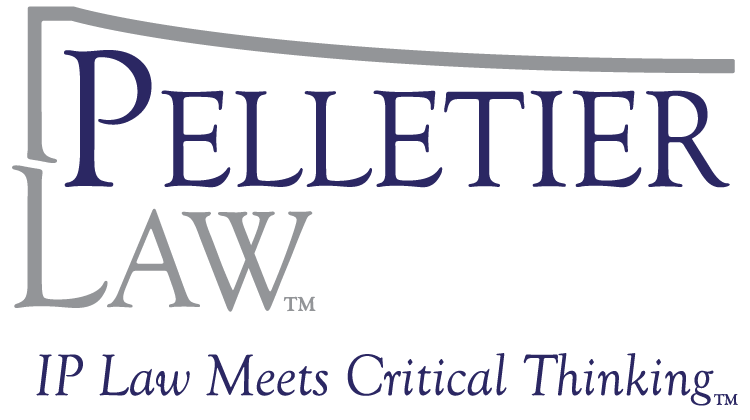Did Roger Goodell Take the Cheese?
Destroying, discarding or failing to preserve a smartphone, broken or not, is not a good look or, frankly, advisable when the smartphone or its contents are a potential source of pertinent information. That is common sense.
But, there is a significant difference between (a) “optics” and prudent behavior and (b) whether the act in question (here, destroying, discarding or failing to preserve) is actually a violation of an obligation imposed by law or rule. If the act is not a violation of an obligation, then can a punishment legitimately be based on the non-violation or, put another way, the so-called “violation” of a non-obligation? NFL Commissioner Roger Goodell and NFL attorneys apparently think so. I do not think so.
Undoubtedly, there can be consequences for destroying, discarding or failing to preserve, i.e., spoliating, evidence, such as a smartphone, (a) during litigation, i.e., an adversarial proceeding in a court of law, or (b) when litigation is reasonably anticipated. Those consequences can include an adverse inference against the party responsible for the spoliation and other sanctions.
Importantly, prior to July 28, 2015, “Deflategate” was only an NFL proceeding. Until then, it was not and did not include litigation, where the Federal Rules of Civil Procedure and Federal Rules of Evidence (i.e., duties to preserve and produce materials and corresponding consequences for not fulfilling those duties) apply. And, litigation was not expressly anticipated until the NFL Players Association (NFLPA), approximately several weeks ago, threatened litigation if the NFL upheld any suspension of Tom Brady. (Exactly when the NFLPA or Tom Brady reasonably anticipated litigation is not clear.)
Just as importantly, Roger Goodell acknowledges that “[n]either the NFL nor any NFL member club has subpoena power or other means to compel production of relevant materials or testimony.” (Final Decision on Article 46 Appeal of Tom Brady, July 28, 2015 (July 28 Decision), p. 13.) As such, Tom Brady was under no obligation to produce his smartphone or any of its contents in connection with the NFL’s “Deflategate” proceeding.
Nevertheless, Roger Goodell upheld Tom Brady’s 4-game suspension because Tom Brady “participated in a scheme to tamper with the game balls” and “willfully obstructed the investigation by, among other things, affirmatively arranging for destruction of his cellphone knowing that it contained potentially relevant information that had been requested by the investigators.” (July 28 Decision, p. 13.) So, Roger Goodell is imposing punishment at least partially because Tom Brady destroyed a smartphone to which the NFL was not entitled. To me, that is a major problem for the NFL in any litigation.
Put aside optics and prudence. No punishment legitimately can be based on a violation of a non-obligation. That is true no matter how much “evidence” there is of the so-called violation. The so-called violation does not matter if there is no corresponding obligation in the first place. Yet, Roger Goodell and NFL lawyers ignore this principle and resort to creative gap-filling. Roger Goodell has upheld Tom Brady’s punishment based, in (large) part, on a violation of a non-obligation carefully recast as a “failure to cooperate” and “destruction of potentially relevant evidence[.]” (July 28 Decision, pp. 3, 13, 14.) That reasoning, if allowed to stand, creates de facto subpoena power. Indeed, Roger Goodell admits as much when he states that, despite the lack of subpoena power, “the NFL is entitled to expect and insist upon the cooperation of owners, League employees, club employees and players in a workplace investigation and to impose sanctions when such cooperation is not forthcoming, when evidence is hidden, fabricated, or destroyed[.]” (July 28 Decision, p. 13.) In other words, Roger Goodell now can threateningly say to any NFL player: if you don’t produce to me what you are not obligated to produce to me, then I will punish you and punish you severely. And, of course, then he can impose the punishment if there is no production or he deems the production to be deficient in any way. NFL players, who bargained for and are subject to a collective bargaining agreement where subpoena power is not granted to the NFL, should be very concerned about this scenario.
Roger Goodell may have taken the cheese and now may be snagged in the trap. In my opinion, his July 28 Decision is seriously flawed because he has created de facto subpoena power where he deems there to have been a “failure to cooperate” through “destruction of potentially relevant evidence” or otherwise. His power grab has opened the door for a court to overturn at least one of the two bases for his July 28 Decision. Of course, the balance of the Decision still would have to be successfully challenged in order for the Decision to be completely vacated. Sound arguments to attack the balance of the Decision also exist.

Leave a Reply